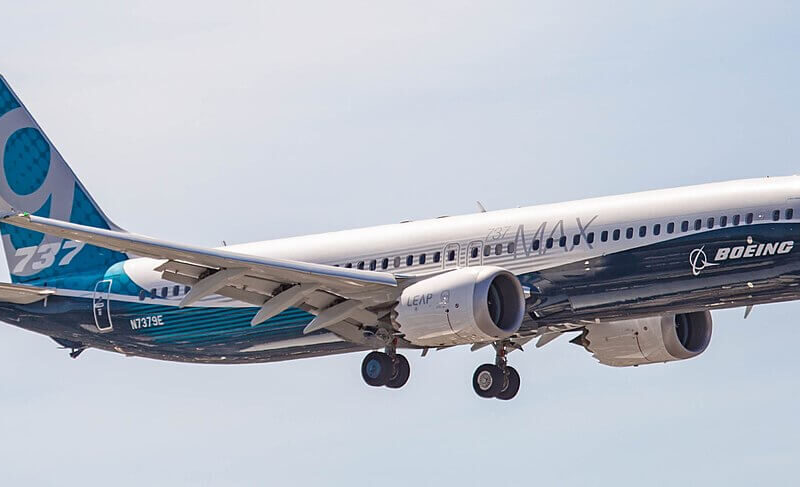The Boeing 737 MAX software update development is completed, the United States planemaker announced on May 16, 2019. However, Boeing is still to do some tasks before 737 MAX re-certification can be scheduled.
Boeing completed development of the updated software “along with associated simulator testing and the company’s engineering test flight” and “is now providing” information on how pilots interact with airplane controls and displays in different flight scenarios, as per Federal Aviation Administration (FAA) requests.
After addressing these “requests”, Boeing expects to “work with the FAA” to schedule 737 MAX recertification, which includes “certification test flight” and submission of “final certification documentation”.
Meanwhile, Boeing’s updates of 737 MAX training and education materials are already under review by the FAA, regulatory authorities around the world and airlines, according to the planemaker.
Previously, the manufacturer outlined that differences training between the NG and MAX include computer-based training and manual review. The computer-based training has been updated to “provide 737 type-rated pilots with an enhanced understanding of the 737 MAX Speed Trim System, including the MCAS function, associated existing crew procedures and related software changes”. The updated training is to accompany software update and be accessible to all 737 MAX “once approved”. As for the manual review, pilots will be “required to review” Flight Crew Operations Manual Bulletin, Updated Speed Trim Fail Non-Normal Checklist, Revised Quick Reference Handbook, according to Boeing.
What is the software update focused on?
Boeing 737 MAX planes have Maneuvering Characteristics Augmentation System (MCAS), which was installed to the planes to enhance the pitch stability. The move was needed as the MAX planes have larger engines than preceding 737s. The changes of the plane’s design that accommodated fitting in the new engines also modified how the aircraft handled certain situations along the way. For instance, the MAX’s nose was getting pulled upwards, thus Boeing installed a new system to compensate for that, as The Air Current explained. Or, as Boeing puts in, “MCAS is designed to activate in manual flight, with the airplane’s flaps up, at an elevated Angle of Attack (AOA)”.
After the crash of the Lion Air flight JT610 in October 2018, the suspicion emerged that if MCAS is activated when AOA sensors detect dangerous angle, the malfunction of these sensors, can lead to faulty MCAS activation, which, in turn, could cause an airplane to stall.
The suspicions gained higher grounds after Ethiopian Airlines flight ET302 suffered similar fate as Lion Air JT610. Ethiopian investigators issued preliminary crash report with findings that faulty angle of attack sensor input activated Maneuvering Characteristics Augmentation System (MCAS).
This is precisely the situations the system update is aimed to address. “Boeing has developed an MCAS software update to provide additional layers of protection if the AOA sensors provide erroneous data,” the manufacturer outlines in its overview of software update. Boeing outlines the following changes that the update should provide:
Flight control system will now compare inputs from both AOA sensors. If the sensors disagree by 5.5 degrees or more with the flaps retracted, MCAS will not activate. An indicator on the flight deck display will alert the pilots.
If MCAS is activated in non-normal conditions, it will only provide one input for each elevated AOA event. There are no known or envisioned failure conditions where MCAS will provide multiple inputs.
MCAS can never command more stabilizer input than can be counteracted by the flight crew pulling back on the column. The pilots will continue to always have the ability to override MCAS and manually control the airplane.
These updates reduce the crew’s workload in non-normal flight situations and prevent erroneous data from causing MCAS activation.
– Boeing, Overview of software update

